Getting Started with Personal Branding in Engineering and Construction

There was once a time where brands were only thought of in the realm of companies; with striking billboards or well-made TV ads being the tools used to get this “brand” across to a customer. However, over the past twenty or so years, we’ve seen the idea of “personal branding” become more prevalent. Just like companies, we all have a “brand” (regardless of how much attention you might currently pay to it!) a certain image or perception that forms around us thanks to our skills, experience, and personality traits.
With the Engineering and Construction job market becoming ever more competitive and the internet becoming an all-encompassing form of communication, the savvy self-marketers among us have used their personal brands as their point of difference. Everybody has skills, and many of the CVs that come in for a role will highlight similar strengths, but it’s that unique value that gets you noticed. Ask yourself before you get started on your personal branding plan, “what makes you different in a way that makes you valuable?”
People look for reviews for everything now, from travel review, to restaurants, to schools, so why not people? Contrary to popular belief, it is not just for the people who like to brag about how good they are. Recruiters or Hiring Managers will Google many prospective candidates, so they can get an idea of how your “reviews” stack up. So, why not take ownership of your brand and use it to your advantage for your career in Engineering and Construction? Here’s a quick guide to getting started.
1 . Know It Is There
The first step is to always know it is there, and that it matters. Even if you haven’t thought about it up until this point, you have a personal brand – the only choice you have is how much time and effort you invest in it. The more you put in, the more it is likely to help your future!
2. Assess Your Brand and Profiles
The easiest place to start is with your social media profiles. Check out all your channels and ensure they are credible, authentic, well thought out and convey what you want them to convey. We all have a LinkedIn for professional purposes, so start there (and if you don’t have one, get one). Get your profile to ‘All Star’ status and connect with leaders in the Construction sector so that you’re more in tune with the latest developments in your field.
You should assess your other social channels too. Even if they’re not intended for professional use, if they are publicly available then they are tied to your brand. Make sure your Facebook profile portrays you in a manner you want to be portrayed. A good rule of thumb is to take down anything that you wouldn’t want a prospective employer to see, even if that’s posts you’ve been tagged in by friends or family.
As a side note, keep your profile pictures looking professional! A picture is worth a thousand words and is undoubtedly the first thing that people will judge you on. For this reason, use these platforms to also showcase your portfolio of Construction and Engineering projects that you have worked on, if you can publicly disclose these.
3. Engage Authentically
While you may now have your own social profiles under control, keep in mind that your brand does not exist in a vacuum. Engaging within your community is key to getting the most out of your own personal brand. Once you’re connected with other professionals and thought leaders within your industry, you can engage yourself into conversations, comment on discussions, and share great content with your network. These things will start the establishment of your brand, and get you noticed amongst your peers.
One tip here is to find a niche. Engineering and Construction are vast sectors filled with many different fields, all of which are unique and have their own nuances. It’s likely that you’re not passionate about every single aspect of the industry, so picking the one you’re most invested in, like safety standards for example, and focusing primarily on that can help you to build a more targeted brand.
While you should ensure that your public profiles are fit for purpose, that doesn’t mean you have to turn into a robot. The key to a strong personal brand is to be yourself; be human and engage in an authentic manner, not just as someone reciting buzzwords and joining a conversation. Sharing your thoughts with the community will make engagement both by you and with you a lot easier. Adding your own personal examples (good, bad and ugly) to a community discussion will add credibility to your input, as it will prove that you are an experienced professional, not just an academic who has read the text books.
When other “thought leaders” start sharing your content, and thus commenting on it, it will build your brand by association. Which brings us onto…
4. Create Content
This is a scary part, the fear of the blank page, the fear of putting yourself out there to be criticised and critiqued. While the prospect of being judged can be really daunting, producing your own content is the fast track to becoming a thought leader. Whether it’s a long-form blog that you update every so often, or a short update that you can share with your followers, finding topical relevant topics on which you can articulate coherently and credibly is key. It does not hurt to lurk around the outside of discussions to get comfortable, before joining in and saying your piece.
The next trick is to be brave enough to share it, publish your own blog, utilise LinkedIn, Tweet it (if you’re doing this, it’s a good idea to become familiar with hashtags!), Facebook it; essentially just identify the relevant channel to share your knowledge. Once you have shared your content, remember to respond to comments, thank for shares, and be engaged in the conversation. Often, your thoughts will be a starting point for an even bigger discussion, and you’ll end up expanding your network, as well as learning more, by interacting with others around the topic you’ve put forward.
It does not matter if you have 30 years of experience or are just in the early days of your career journey, your insights are worth something. Don’t be afraid to contribute, your comments will enrich a conversation and allow you to grow and eventually establish yourself as a thought leader in your industry.
5. Go Old School
While we’ve been talking a lot about blogging and social media, in the Engineering and Construction worlds you cannot rely solely on online networks. Being able to carry through your personal brand offline is critical. A great place to start with this is to go to as many conferences or meet-ups as you can. Meet with people face to face, look them in the eye and shake their hands, and genuinely engage with the community. This will help establish your brand much quicker and with more meaning than if you are only relying on people seeing your social media posts. You’ll be surprise how fast your network will grow once you start keeping up appearances. It really is an extraordinary experience when you arrive somewhere and you are recognised by people you don’t know because of the work you have done.
6. Give Yourself Time
A sole blog does not a thought leader make. Building a personal brand will take time and commitment. You need to immerse yourself in your industry, and like with anything, you need to put in the work. Don’t be shy, insert yourself into conversations, and engage with people from around the world. With the growth of online communities, this has become incredibly easy. Consistency is the key, engaging daily or at least a few times a week will ensure your name gets noticed.
There’s an old saying, “it’s not what you know, it’s who you know”, which aptly describes the importance of networking. However, in the growing world of personal branding, maybe we should amend this to “it’s not what you know, it’s who knows you”.
Building and maintaining your personal brand, influencing how the wider industry community perceives you, will become more and more critical to future career success as the talent market continues to become more complex. Establishing yourself as a credible voice in the Engineering and Construction market is not an easy thing to do, it will take time and effort, but it will be worth it in the future. If you need some advice as to what or where to focus your attention initially, feel free to connect with us here at RobLawMax and let us help you.








